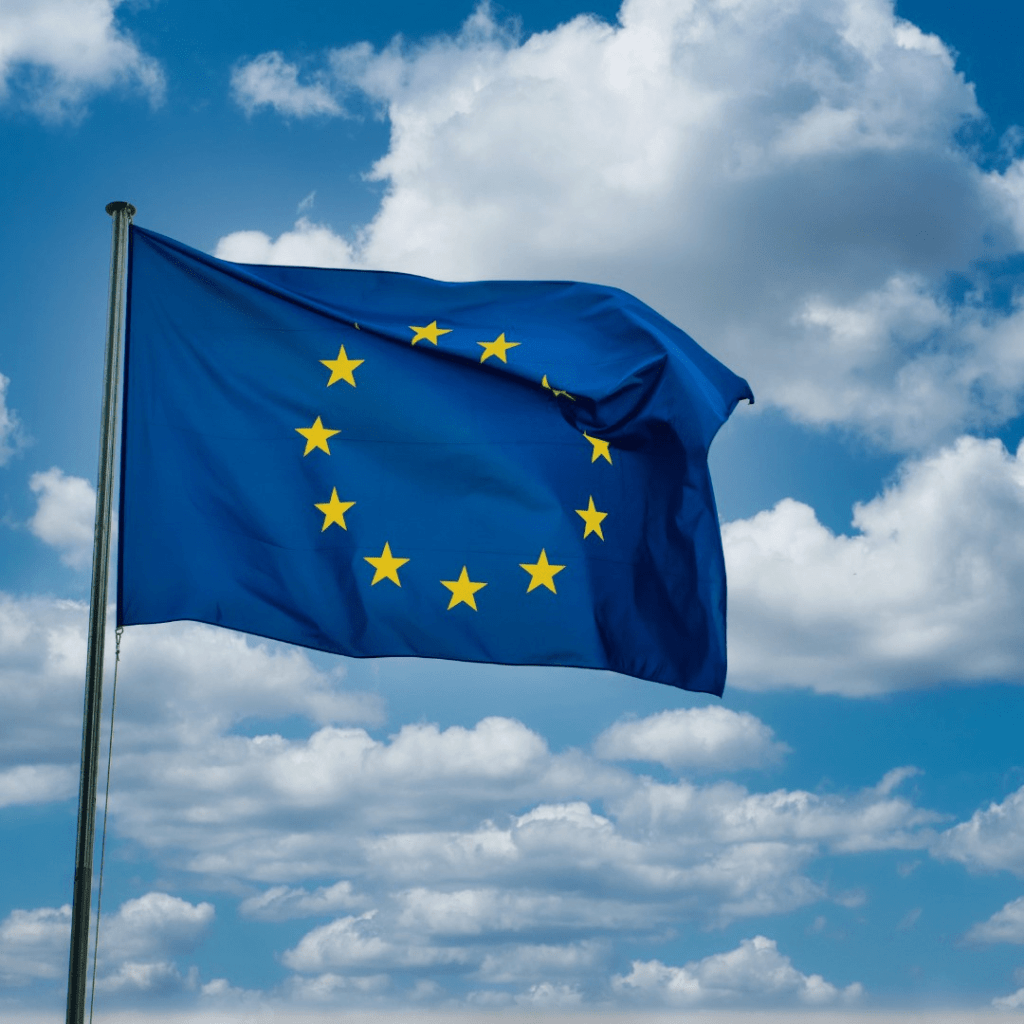The European Parliament and Council have reached a provisional deal aimed at further reducing emissions and a total phase-out of hydrofluorocarbons (HFCs) by 2050, with a gradual reduction plan for EU consumption quotas from 2024 to 2049. This phase-out of HFCs within the EU aligns with the EU’s overarching goal of achieving climate neutrality by 2050.
Fluorinated greenhouse gases, encompassing hydrofluorocarbons (HFCs), perfluorocarbons (PFCs), sulphur hexafluoride, and nitrogen trifluoride, are artificial greenhouse gases with high global warming potential. They are commonly used in household appliances such as refrigerators, air conditioning systems, heat pumps, fire protection, foams, and aerosols. These gases fall under the Paris Agreement, alongside CO2, methane, and nitrous oxide, and account for approximately 2.5% of the EU’s greenhouse gas emissions.
Negotiators have also established stringent requirements that prohibit the sale of products containing F-gases within the EU market. This move is intended to encourage the adoption of more environmentally friendly solutions and provide certainty for manufacturers and investors.
The agreement includes specific deadlines for phasing out the use of F-gases in sectors where it is technically and economically feasible to transition to alternatives that do not rely on F-gases. This applies to areas like domestic refrigeration, air conditioning, and heat pumps.
Furthermore, the deal outlines precise conditions and timeframes for the use of F-gases with high global warming potential when servicing or maintaining various types of equipment.
Rapporteur Bas Eickhout (Greens/EFA, NL) said: “We’ve reached an ambitious deal that would put an end to F-gases. This is crucial, not only because these gases are extremely harmful for the climate, but we are also providing clarity for companies and thereby investment certainty. We are breaking the endless cycle of new chemical cocktails that risk dragging technologies like heat pumps and switchgear – which are key for our energy transition – into the PFAS-debate. European companies are already at the forefront of developing clean alternatives to F-gases, so this law will be good for the climate and the European economy.”
